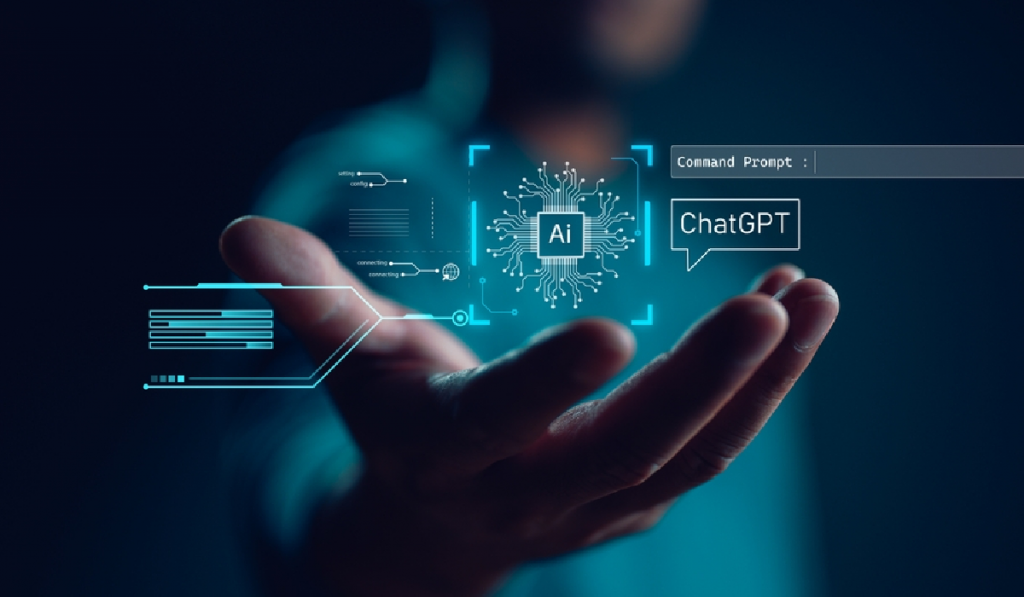Highlights:
- Users will be able to have their chat histories deleted after 30 days, thanks to the new settings that OpenAI released recently.
- OpenAI introduced the update along with ChatGPT Business, an upcoming business edition of its chatbot.
Users can now easily export data and delete their chat histories, thanks to the newly added settings to the ChatGPT interface by OpenAI LP.
Additionally, the startup disclosed plans to introduce a commercial version of the service. The service, dubbed ChatGPT Business, will launch in the upcoming months.
ChatGPT is a chatbot powered by artificial intelligence that uses natural language to respond to user inquiries. It can solve mathematical issues as well as deliver text and software code. According to estimates, the service reached 100 million users in February.
A large language model called GPT-4 powers the chatbot’s ability to respond to queries. The model, which made its debut last month, is better than OpenAI’s earlier AI software at handling complex queries. In a previous internal test, GPT-4 passed a mock bar exam with a grade in the top 10% of test takers.
By default, ChatGPT records both user questions and the generated responses. Users can delete their chat histories after 30 days because of the new settings OpenAI released recently. Additionally, OpenAI will not train its AI models using the data.
OpenAI said, “These controls, which are rolling out to all users starting today, can be found in ChatGPT’s settings and can be changed at any time. When chat history is disabled, we will retain new conversations for 30 days and review them only when needed to monitor for abuse, before permanently deleting.”
The settings are now accessible, along with a brand-new data export tool. Users can download a copy of their ChatGPT chat histories and related data using the tool, claims OpenAI. That data could have been exported in the past, but it would have taken more time and work.
OpenAI introduced the update along with ChatGPT Business, an upcoming business edition of its chatbot. What features will be provided by the offering are not specified by the startup. However, it disclosed that customer data would not, by default, be used to train machine learning models.
ChatGPT Business, according to OpenAI, is intended for “professionals who need more control over their data as well as enterprises seeking to manage their end users.” This implies that the service might offer more user management features. These features make it easier for administrators to carry out tasks like setting up accounts for staff members.
One paid version of ChatGPT is already available from OpenAI. For a USD 20 monthly subscription, ChatGPT Plus, released in February, offers quicker responses and first access to new features. Furthermore, OpenAI makes its AI models available via application programming interfaces, which businesses can incorporate into their software.





























































